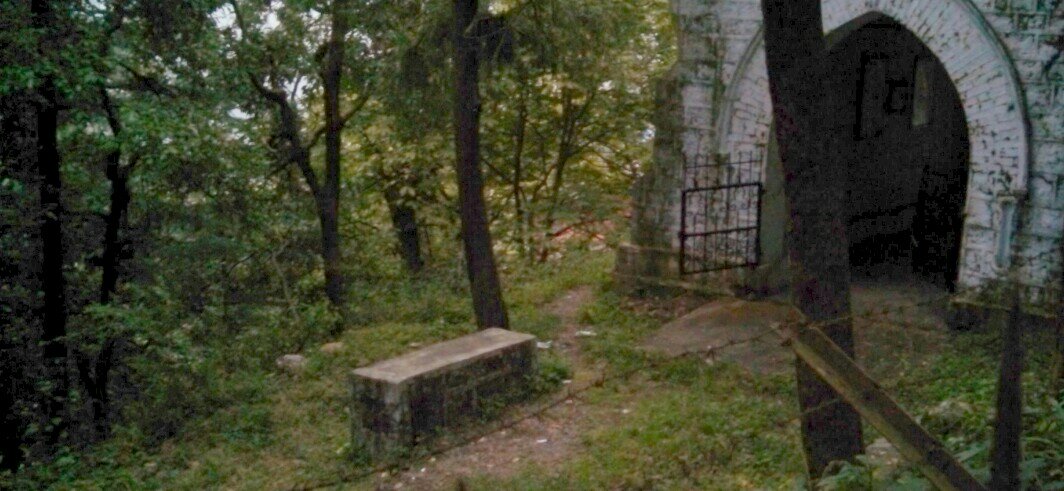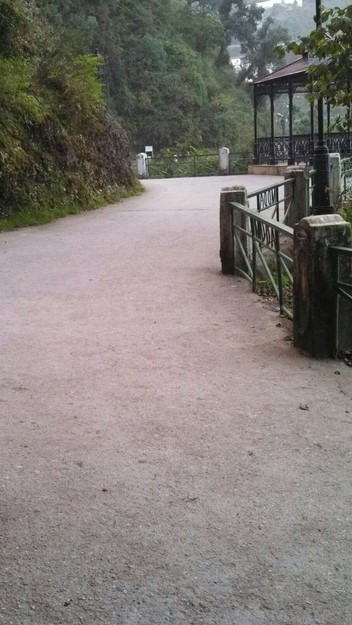|
I began this journey with a trip in 2013 to reconnect with India after 30 plus some years. Most of the time was spent in Mussoorie in the foothills of the Himalayas, where I'd spent my formative years going to Woodstock School. It was extraordinary how intimately I connected to the place. Remembering all the familiar paths of my youth. Exploring streets I'd never dared to venture in those timid years. Recognizing the smells October brings as the unruly greenery that spread during the monsoons began to dry. The smell of drying oaks and pines, the majestic views of snow-capped mountains, and the gracious kindness of the pahari (mountain) people.
Everywhere I've lived since has always required consideral adjusting. It was refreshing to bathe instantly in the familiar. Still much had changed. Most of the people I had known were gone. Technology and development changed the tourist town known for its various boarding schools. Life is ever changing. In my mind, that's how it should be, as long as there remained a semblance of the familiar. I had changed in three decades, so I expected Mussoorie to have changed as well. Like old friends reuniting I cought up with life. A newly discovered ancestral connection, previously unknown to me deepened my connection to Mussoorie. Ferdinand is buried in the Camels Back cemetery and two of his daughters attended my school (1910). In all the years I lived there, I had only a faint knowledge that some relative was buried somewhere there. This visit to Mussoorie reconnected me to my ancestors who I now devote all my time writing about. I went to the archives in the school and was thrilled to find old poems and articles about my great aunts. I went to the cemetery and sat on the bench at the gate and climbed down the four terraces to find the grave. Now three and a half years later, writing the final chapters of Ferdinand's biography, I'm returning to that cemetery bench. Although i now am writing in America's heartland, I'm easily transported to the place I call home. Developing this mountain scene lulls me into depths of contemplation, much like those days long past. Often I sat in a cemetery, or on a rocky cliff and contemplating life and meaning, asking myself where I was going and where i had been. As I write I am filled with ambivalence, longing for it to end, but feeling there is still so much to be done. The biography ends as it began, with Ferdinand surrounded by nature, deep in contemplation, assessing his life. As a teenager he longed for adventure. Now, sick and ailing, he longs to do so much more, as he prepares for the inevitable transition. I feel like I'm looking through a dim mirror. What he feels about finishing life, I feel about finishing this book. The final chapter reads: Ferdinand Hahn sat, eyes shut, beneath the grand pines at the gate of the cemetery. The scent of pine drifted up like incense as the gentle wind blew where it pleased. Ferdinand could not discern where it had come from or where it would go, but the pines whispered. It was the voice of God singing over him. He sat erect, his feet firmly planted on the ground, his hands gripping the handle of his walking, stuck in the ground like the third leg of a stool. His whole body ached, but he let the coolness of the breeze soothe his soul. He had come to the mountains to be revived. Itappeared that this time there may be no escape from the dark valley. Death was not the issue, for he was certain that eternity followed. Most of his life had been lived on the threshold of death, out from which he stepped into the abundance of life. There was plenty to be done, always, and an urgency to do it well. But today he would try to let it go. He quieted himself in this lonely spot, away from town. Birds chattered about their business as the great Indian crow policed the skies with its cawing. The diminuendo chorus of cicadas hushed as the afternoon cooled. He sat grounded as his soul soared among the deodars. The bells of the Anglican Christ Church marked the evening song from on top the mountain. It sounded out across the mountains and echoed back across the valley. The low tonal sound aroused within him a longing tenderness. If only such sweet communion could resurrect his sixty-four-year-old body. He would rise from this stone bench and march down from the great Himalayas and brave the heat of the Ganges' plains and return to the jungle plateaus of his beloved Chotanagpur. Six weeks earlier he had celebrated Easter morning with the Adivasi church in Ranchi. Thousands had gathered before dawn at the Church and paraded with torches and lanterns down the road to the cemetery, dancing and singing. They had come to celebrate the resurrection of Jesus along with those who had gone on before. Each family decorated the tombs of their ancestors with flowers and candles. The cemetery was all aglow before the sun had even lightened the skies. Easter service was celebrated together among the living and the dead, with full anticipation that one day there will be a resurrection. He opened his eyes expecting to see the brightly colored tombstones. Instead the grey stones cascaded down the terraces below him and he remembered he was far from anything that he knew as home. Initially it was a startling discovery to open his eyes to a forest that looked more like Germany than like the sal forests of eastern India. As awareness warmed to the present his heart was filled with gratitude to be in the soothing climes of the grand Himalayas. It wasn't only a matter of comfort. It was that if he were down in Chotanagpur he would he would be completely useless. He was glad that his broken body was hidden away from those whom he had tirelessly served for forty-two years. Soon it would be laid to rest, once and for all, and he was glad that no clamor of wailing would be heard over his spiritless frame. He never liked the attention in life, why would he want it in his death? In a matter of days, he would be bed ridden in the dark inner room of the Himalaya Hotel. His devoted wife by his side. Reading from the Bible, praying and singing over him, responding to every moan, cooling his heated brow, coercing him to take some sustenance, urging him to breath, pained to see him suffer so. Unaware of what he said or did, Ferdinands's soul passed through the narrow birthing channel out of the dark world and into the great unknown.
0 Comments
Leave a Reply. |
2016 -2020These musings include the journey of my writing on the history of my great great grandparents and the travels for research to India, Germany and other places of interest. Archives
June 2020
Categories |


 RSS Feed
RSS Feed